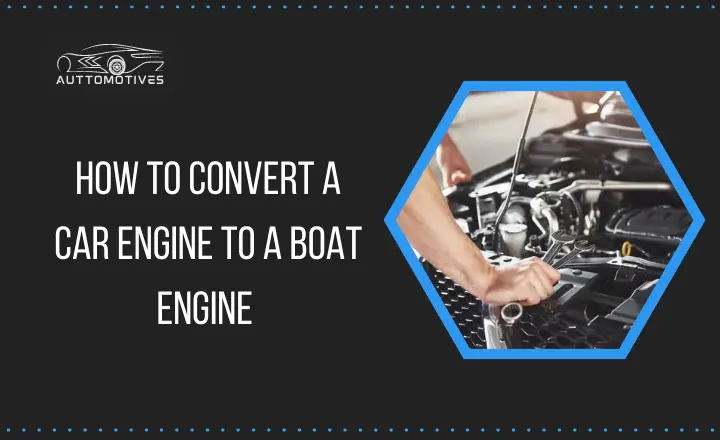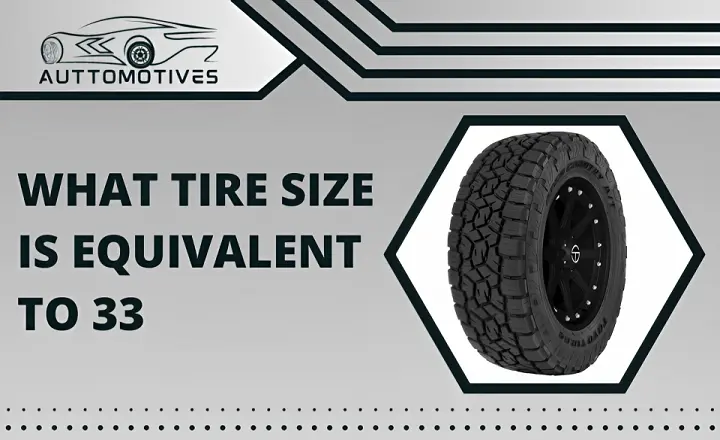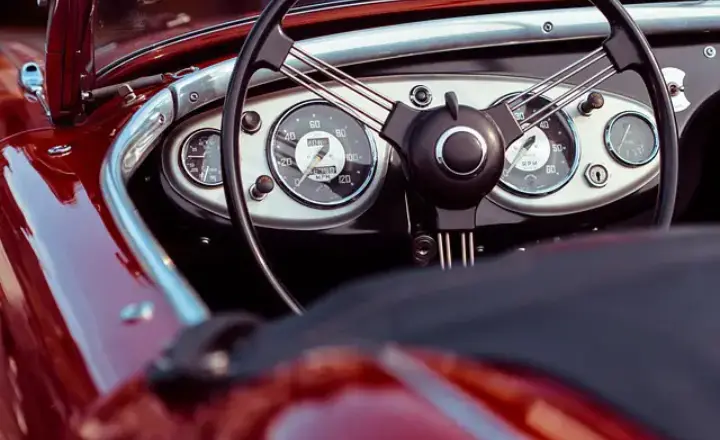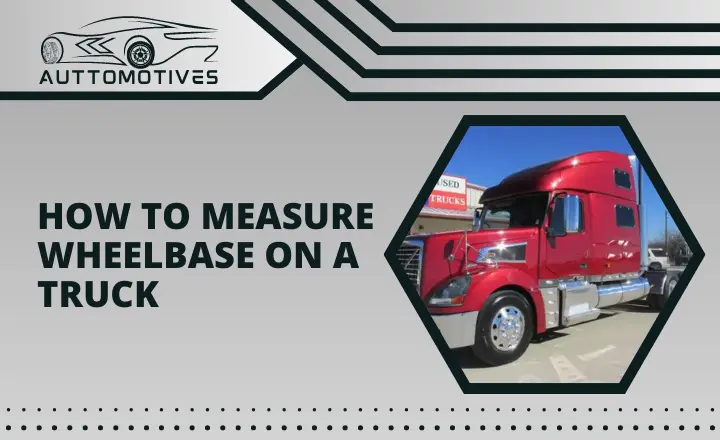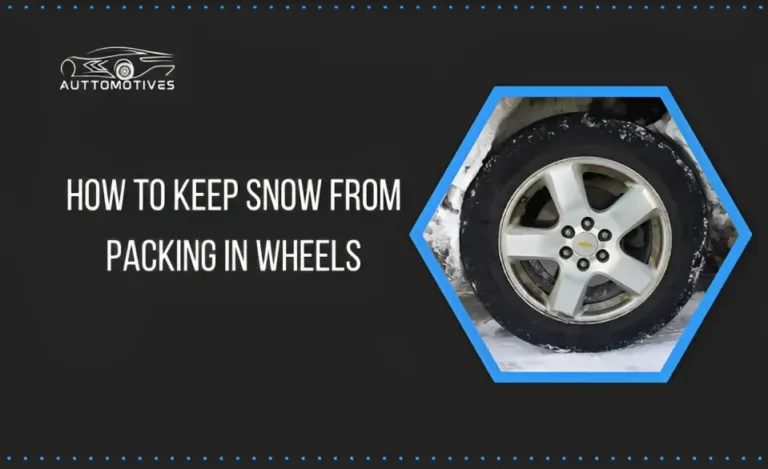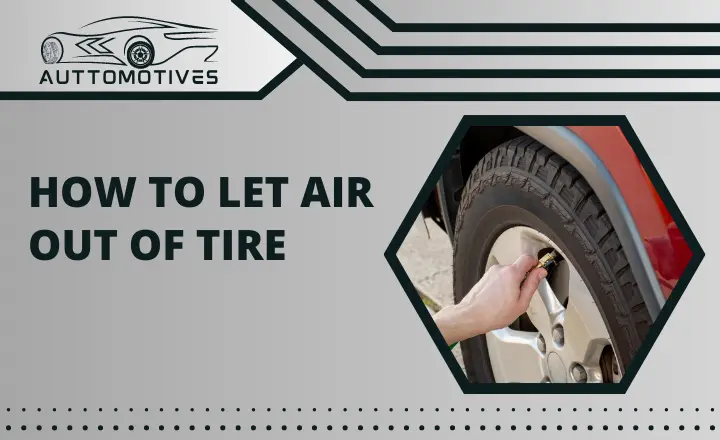How to Convert a Car Engine to a Boat Engine
Converting a car engine into a boat engine may seem intimidating, but it can be done with the right knowledge and tools. Whether you are looking to save money by repurposing an old car engine or simply want to try your hand at a DIY project, converting a car engine to power, your boat can be challenging and rewarding. This article will provide step-by-step instructions on How to Convert a Car Engine to a Boat Engine. From choosing the right type of car engine to making necessary modifications for marine use, we will guide you through transforming your vehicle’s motor into one ready for life on the water.
How to Convert a Car Engine to a Boat Engine
Converting a car engine to a boat engine is no mean feat, but it’s possible. If you’re thinking of converting your car engine to a boat engine, there are some things you should know first. The primary reason for doing this conversion is to save money, as marine engines tend to be more expensive than their automotive counterparts. The conversion process generally involves adapting the existing car parts and adding specialized marine components. Specific modifications must enable an automobile engine to function in water. Before discussing How to Convert a Car Engine to a Boat Engine? it is important to check the requirements.
Requirements for Alterations
To modify your car engine for your boat, there are several requirements for alterations that you need to consider. These modifications can include changing the engine’s fuel, exhaust, and ignition systems. To perform these modifications, you will need to have access to a variety of tools and components.
- A specialized marine water pump for cooling exhaust
- Tilter for carburetor with flame catcher
- Solid brass plugs for carburetor
- Engine mounts designed for specific use
- Tools for modifying oil filters
- Marine-grade exhaust elbows
- Cover plates for water coolers
- Starter extensions for marine engines
Broad Power Camshaft
In the conversion process, the camshaft plays an integral part in controlling the engine’s valves, which regulate airflow and fuel mixture. When converting an engine for marine use, choosing a camshaft that can handle high torque loads created by water resistance is essential.
Boat engines require more low-end torque than cars due to their heavy weight and constant drag from the water. A broad power camshaft will provide improved acceleration and increased horsepower at lower RPMs, allowing better performance in rough seas or when towing water skiers or wakeboarders. The cam profile also affects exhaust tone, so choosing the right one can create a unique sound that sets your boat apart from others on the water.
Flame Catcher
Converting a car engine into a boat engine requires a flame catcher, which is critical in preventing explosions caused by backfires. Boats are at a higher risk of backfires due to inadequate ventilation systems. Backfires occur when fuel ignites within the intake manifold, creating flames and pressure waves that can harm the engine or cause an explosion.
A flame catcher prevents flames from travelling back through the carburetor by capturing them. To install a flame catcher in your boat engine, remove the carburetor and intake manifold, then connect the flame catcher using gaskets to form a seal. It’s vital to ensure no leaks in this connection, as even small gaps can allow uncontrolled combustion gases to escape and result in an explosion.
Use Ignition Free Alternators
Ignition-free alternators are a safer alternative to traditional sparking alternators, which can pose a danger when exposed to water. These specialized alternators are specifically designed for marine environments where safety is crucial. They feature a mechanism that eliminates the risk of sparking by dissipating all the heat the alternator generates.
This makes them an ideal boat choice, where water is always present. They are safe, and ignition-free alternators are also highly efficient, providing more power than traditional sparking alternators while using less fuel. This makes them eco-friendly for boaters who want to minimize their environmental impact.
Water Cooled Exhaust System
While air-cooled exhaust systems are commonly used in cars, water-cooled systems have proven more efficient for boats.
Water-cooled exhaust systems use water to cool down the hot gases from the engine. As these gases pass through a series of pipes, they are met with cool water that absorbs most of their heat, thus reducing their temperature before releasing them into the environment.
This process prevents overheating and minimizes noise pollution since colder gases tend to make less noise when expelled from the engine. Replacing an air-cooled exhaust system with a water-cooled one has many benefits besides cooling and noise reduction.
Water Pump Specialized for Marine Uses
For any marine engine, a water pump is a crucial element that must be selected carefully to suit the specific application. Although numerous types of water pumps are available in the market, a specialized marine water pump is often necessary to ensure optimal performance and durability. These pumps are designed to withstand harsh marine environments and feature corrosion resistance and high flow rates.
If you plan to convert a car engine into a boat engine, selecting the appropriate water pump is one of the most critical factors. Standard automotive water pumps may not be suitable for marine environments due to their susceptibility to corrosion and other factors. You can quickly put your car engine for marine use with a specialized marine water pump. Finding an appropriate marine water pump should be at the top if you want to convert a car engine to use in your boat.
Multiple factors need to be considered when selecting a marine water pump. The pump’s flow rate is the primary aspect to be considered, which refers to the volume of water that can be transported through the system in a specific time frame. Depending on your boat’s engine and cooling necessities, you should opt for a pump with an appropriate flow rate.
Durability is also a crucial factor to consider while choosing a marine water pump, as marine engines are exposed to harsh conditions like salt water, leading to corrosion and wear and tear over time. A durable pump will have an extended lifespan and require less maintenance in the long run. Ease of installation is another crucial consideration, as it can save time and money during installation or replacement.
Replace Steel Plugs with Brass Plugs
Steel plugs are a significant engine component that prevents leakage by sealing off various parts. Although steel plugs are commonly found in many engines, replacing them with brass plugs when converting to a marine application is advisable. Brass plugs offer numerous advantages over their steel counterparts.
Brass is more corrosion-resistant than steel, making it ideal for exposure to saltwater and other harsh conditions in boating environments. Secondly, brass dissipates heat more effectively than steel, which can help reduce operating temperatures in the engine compartment and extend the life of internal components. Replacing steel plugs with brass ones can also improve overall performance since brass plugs tend to have tighter tolerances.
Frequently Asked Questions
Can you swap engines in boats?
Swapping engines in boats is a common practice and can be done with some essential tools and knowledge. Many boats have removable engine blocks that make the swap relatively easy. There are also several kits available that make the swap much more accessible.
Which engine is used in the boat?
There are a few different engine types that can be used in boats. The most common type of engine used in boats is a gasoline engine. Other types of engines that can be used in boats include diesel engines, electric motors, and hybrid engines.
The users who are looking for How to Convert a Car Engine to a Boat Engine? i want to tell them converting a car engine into a boat engine can be a rewarding and cost-effective project for those with the time and expertise. By following the steps outlined in this article, you can successfully convert your car engine to power your boat. Remember that safety should always be a top priority when working with engines, so consult with professionals if unsure about any step of the process. With proper planning and execution, you can enjoy the benefits of a reliable and efficient boat engine without breaking the bank. So, don’t hesitate to give it a try!

